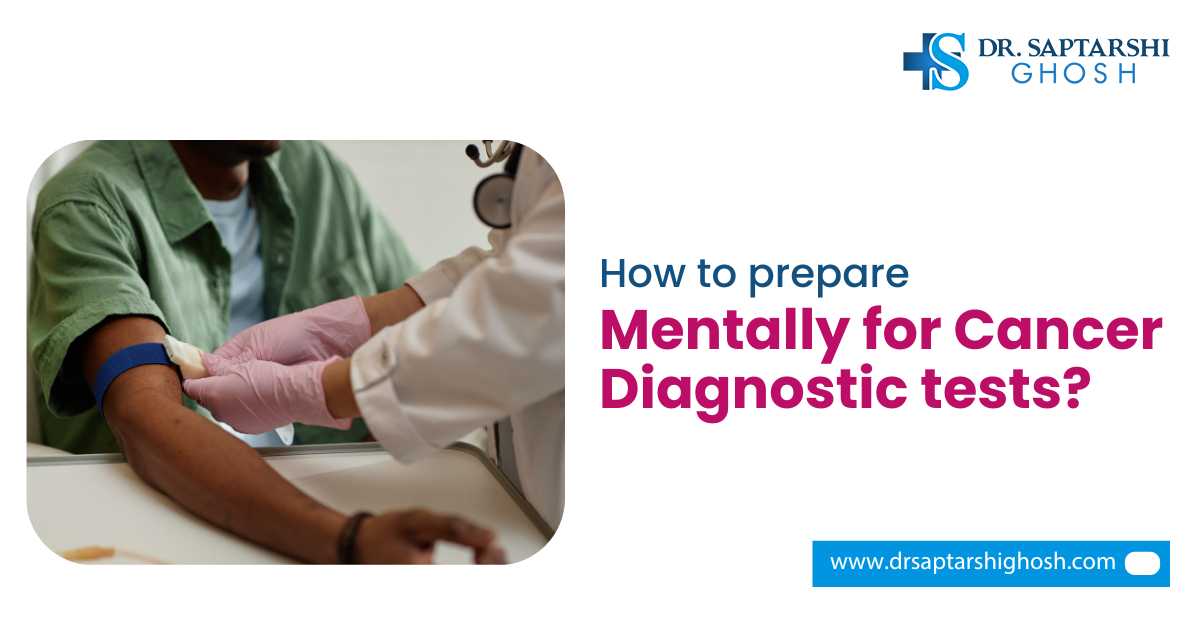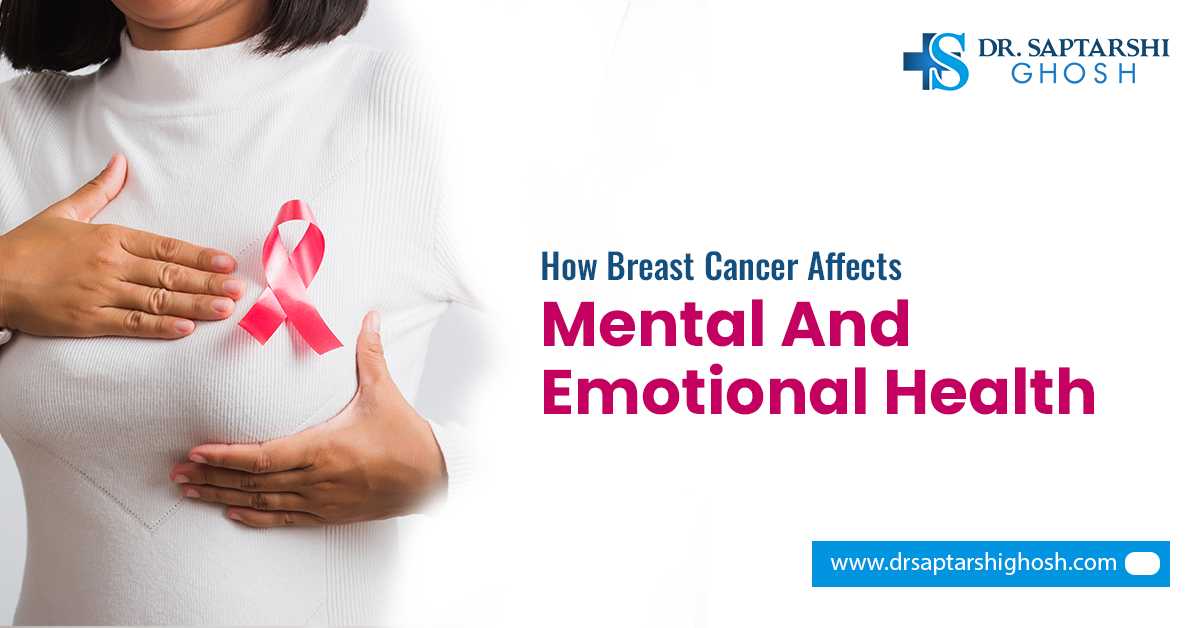Certainly, it’s possible to reduce breast cancer risk naturally. Globally, breast cancer is among the most prevalent cancers, affecting mostly women. Many natural, lifestyle-based techniques can help lower your risk, even though not all cases can be prevented. This is because there are some factors involved, like genetics, age, and family history.
Additionally, these tips basically lead to improved general health. You can follow the simple, evidence-based methods outlined in this blog. For the best breast cancer treatment in Siliguri, meet the leading oncologists in the region, such as Dr. Saptarshi Ghosh.
Here are Some Valuable Tips To Lower Your Breast Cancer Risk
The first line of defense for many people is changing their lifestyle; medical attention and care, such as surgeries or drugs, are reserved for high-risk patients.
We can change a lot of risk factors, including our environment, physical activity, nutrition, and weight. Healthy behaviors are more likely to have a lasting effect if you start them early, reducing your cancer risk.
1. Maintain a Healthy Weight (Also After Menopause)
Higher estrogen levels and chronic inflammation are linked to excess body fat, particularly after menopause. And these factors can both elevate the risk of breast cancer in women.
What to do:
- Keep track of your waist circumference and body mass index (BMI).
- Aim for a steady, moderate weight loss of 0.5 to 1 kg each month if you need to reduce weight.
- Prioritize complete, nutrient-dense foods over crash diets.
2. Exercise Regularly
Exercise lowers inflammation, which is very important to protect against cellular damage. Workouts improve insulin sensitivity, lower estrogen exposure, and help you regulate your weight. These all lessen the risk of breast cancer in the future.
What to do:
- Try to get in at least 150 minutes of moderate aerobic exercise per week, such as brisk walking or cycling, or 75 minutes of strenuous exercise.
- At least two days a week should be dedicated to strength training or resistance exercises.
- Avoid extended periods of inactivity and consider short walks, stretches, or standing every hour.
3. Eat a Plant-Rich, Balanced Diet
While processed meats, saturated fats, and too much red meat may raise the risk of breast cancer, diets rich in fruits, vegetables, whole grains, and fiber somewhat lower it. Thus, the choice of foods you have is quite vital.
What to do:
- Give preference to a Mediterranean-style diet that includes modest amounts of dairy, red meat, fish, legumes, nuts, and olive oil.
- Increase your intake of cruciferous vegetables, such as cauliflower, broccoli, and cabbage. These veggies have substances that aid in the detoxification of carcinogens.
- You need to increase your consumption of fiber because fiber helps with digestion and may lower hormone levels linked to cancer. Food items like whole grains, beans, lentils, fruits, and vegetables contain enriched amounts of fiber.
Avoid processed foods and added sugars as much as possible, as they might lead to metabolic stress and weight gain.
4. Avoid Smoking and Second-hand Smoke
Both can play havoc with your health and elevate breast cancer risk. Several malignancies, including breast cancer, are associated with tobacco smoking. It can exacerbate the inflammation rate in your body; therefore, it can change gene mutations. Additionally, second-hand smoke is a highly recognized risk factor here.
What to do:
- Seek help to stop smoking if you smoke, such as counseling, cessation programs, or medication.
- Avoid areas where tobacco smoke is present.
5. Limit or Avoid Alcohol
Drinking this is known to increase the risk of breast cancer based on studies. Small quantities can harm DNA and increase estrogen levels. When you drink alcohol, your body may be more susceptible to environmental chemicals that cause cancer. Alcohol increases inflammation, which affects cells, DNA, and proteins.
What to do:
Avoid alcohol completely, as it is the safest course of action.
Limit your daily alcohol intake to no more than one drink (for women).
If you have other risk factors (hormone sensitivity, family history, etc.), exercise extra caution.
6. Take Care When Using Hormones
Did you know that breast cancer risk might be impacted by hormone-based treatments (for menopause or contraception)? The most common way to take systemic HRT is as a pill. However, more studies are required to establish this point.
What to do:
- Consult your physician about your options, risks, and alternatives before beginning hormone replacement therapy (HRT) or hormonal birth control.
- Use the lowest effective dose for the shortest amount of time if HRT is required to treat menopausal symptoms.
- For symptom relief, look for non-hormonal options whenever you can.
7. Limit Exposure to Environmental Toxins Where Possible
Reducing exposure to specific chemicals may be beneficial, even though the evidence is still being gathered. Because they influence the endocrine system, which controls hormones in the body, some chemical types have been connected to breast cancer. Get expert advice from the top oncologists in Siliguri for breast cancer treatment and prevention.
What to do:
- Don't microwave food in plastic; instead, use glass or stainless steel containers.
- Avoid some personal care and fragrance chemicals, as certain scents contain substances that can disrupt hormones.
- According to certain research, frequent usage of hair dyes and straighteners may raise the risk of breast cancer.
- Wash fruits and vegetables well and, if at all possible, prefer organic produce, especially known to contain residues.
8. Manage Stress and Sleep Well
The importance of quality sleep and a peaceful mind is invaluable. Inflammation, immunological response, and hormonal balance are all impacted by stress and sleep deprivation; however, they may not be the direct causes of cancer. Though long-term stress might not directly cause cancer, it can impair your immunity and result in harmful coping mechanisms like binge eating or drinking.
What to do:
- Try your best to get between 7 and 9 hours of sleep every night.
- Engage in stress-reduction techniques like yoga, meditation, deep breathing, or hobbies.
- Maintain a regular sleep routine.
- Talk to your doctor if stress has become unmanageable.
What to Do with Family History?
Certain risk factors, including family history, thick breast tissue, and genetics, are beyond your control. But you can act wiser if you know them.
1. Keep track of the medical history of both your paternal and maternal relatives.
2. Do you possess a high-risk gene (BRCA1, BRCA2, etc.)? Your physician may suggest more thorough screening, preventative drugs, or surgery.
3. Stick to screening recommendations according to your age and risk profile, such as mammograms.
4. It's always a good idea to be aware of any changes in your breasts and let your doctor know about them, even if breast self-examinations are no longer generally advised as a screening method.
Set your focus on progress, not perfection, when it comes to naturally lowering your risk of breast cancer. Walking more, improving your diet, controlling your stress, and paying attention to your body are all simple yet vital decisions that add up over time. You might seek guidance from the top cancer doctor for personalized breast cancer treatment in Siliguri.
Comments (0)




